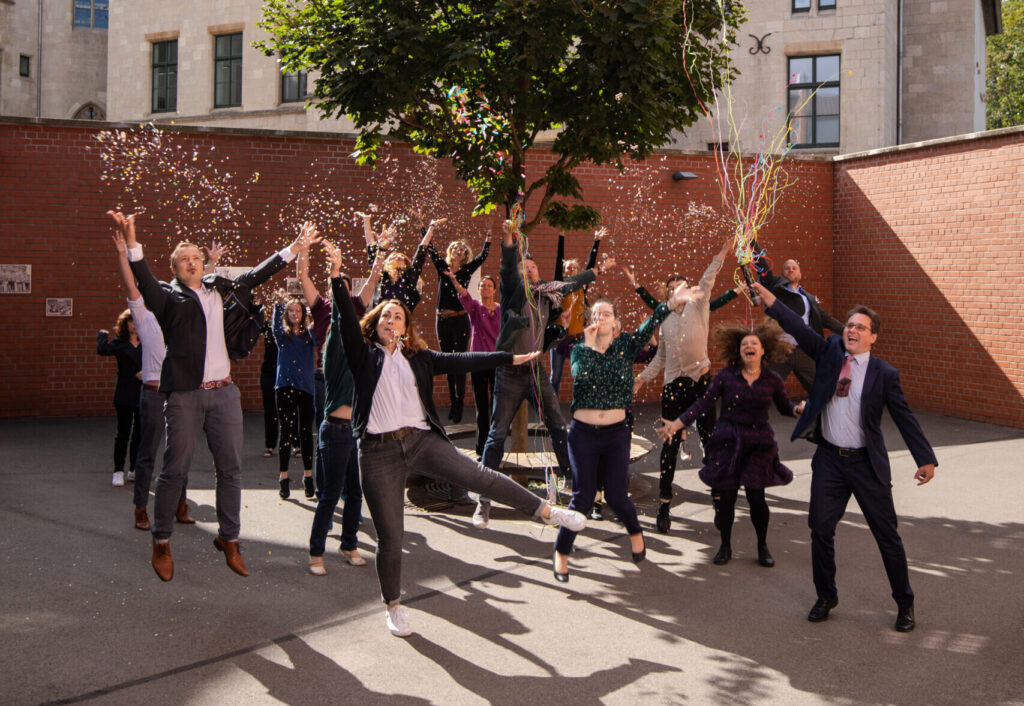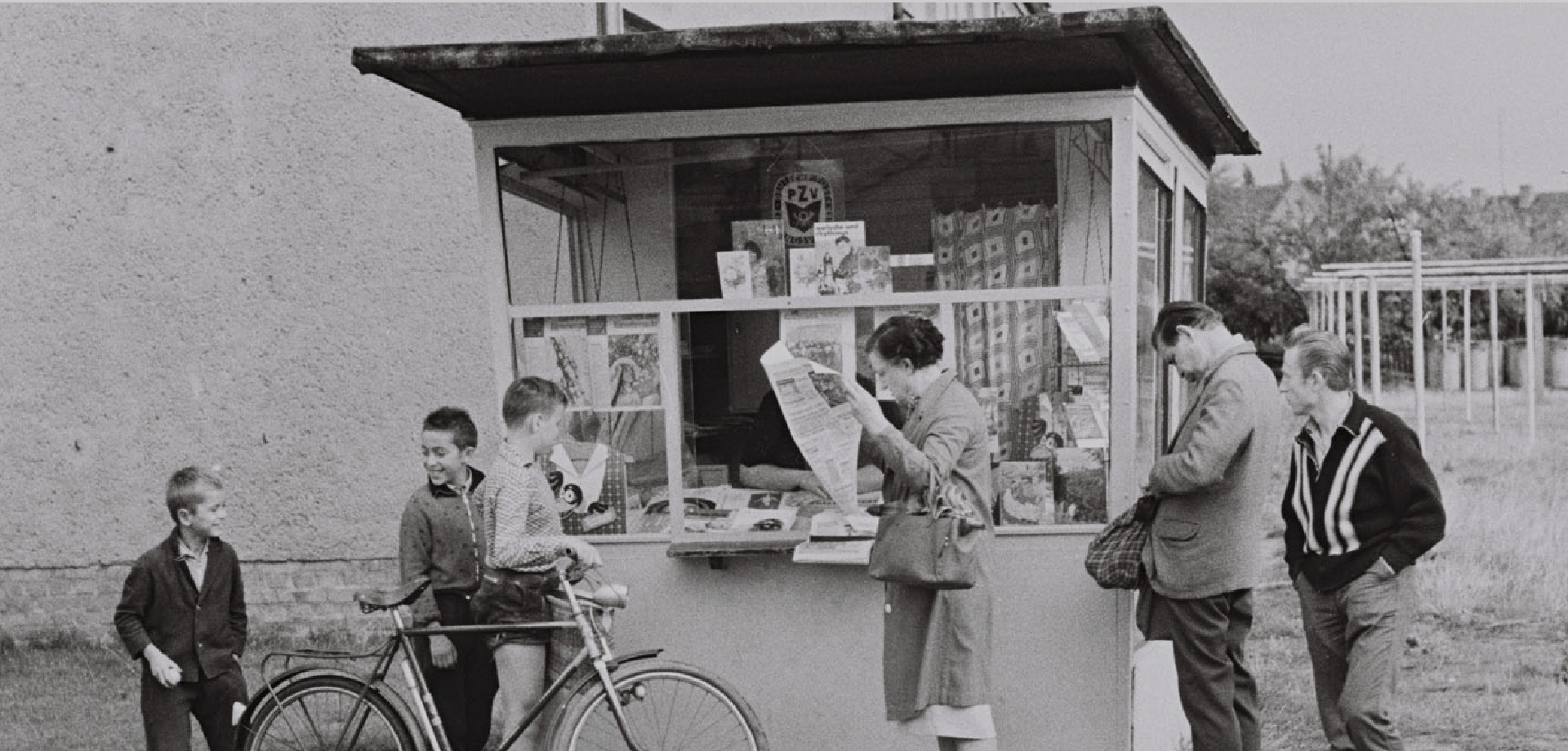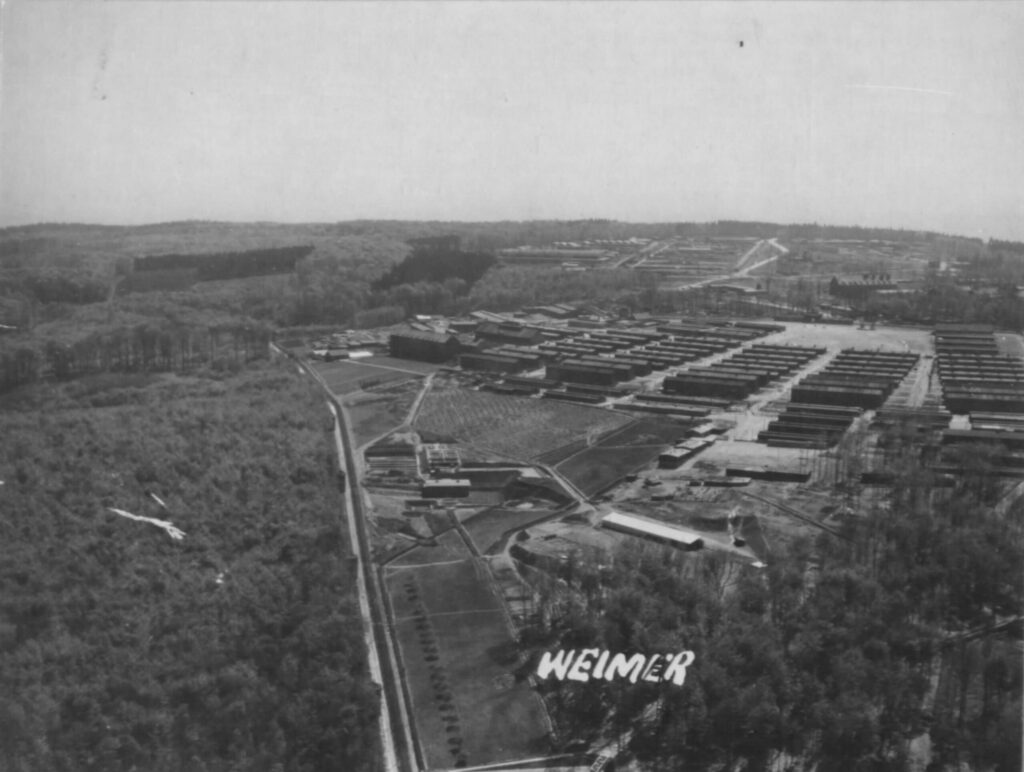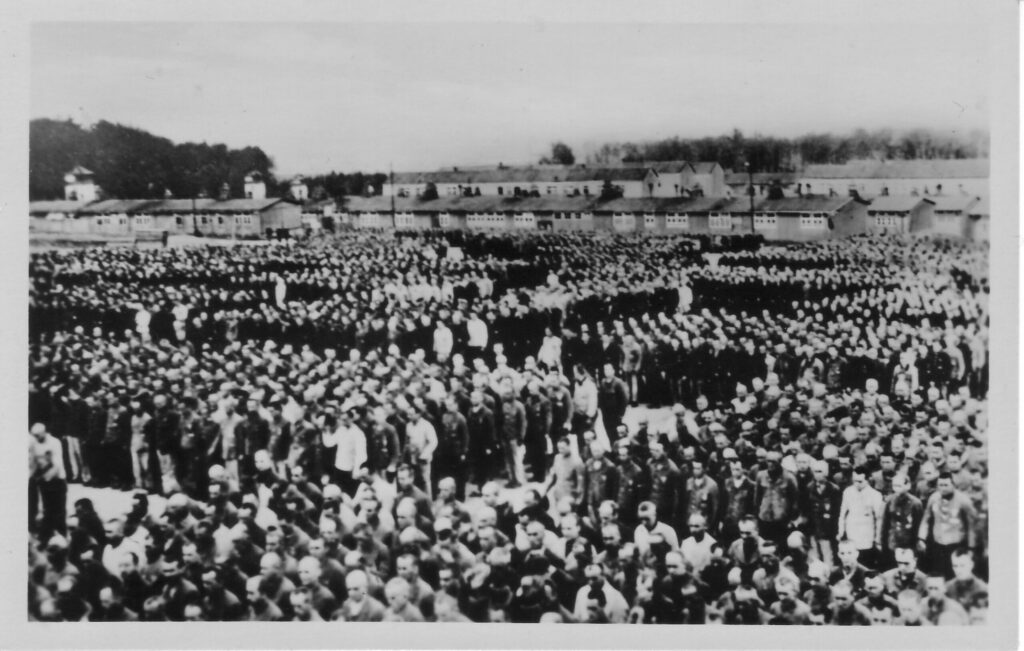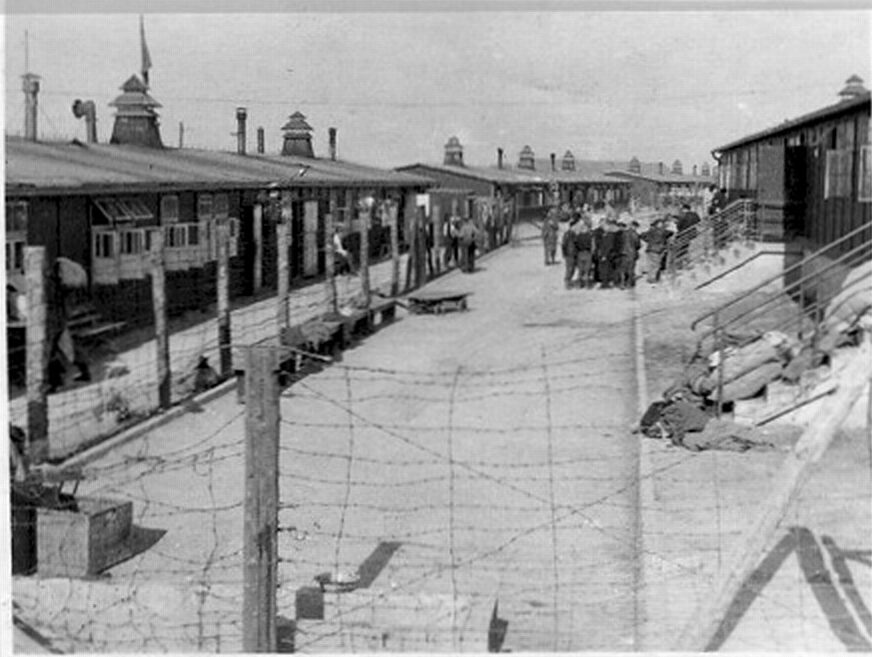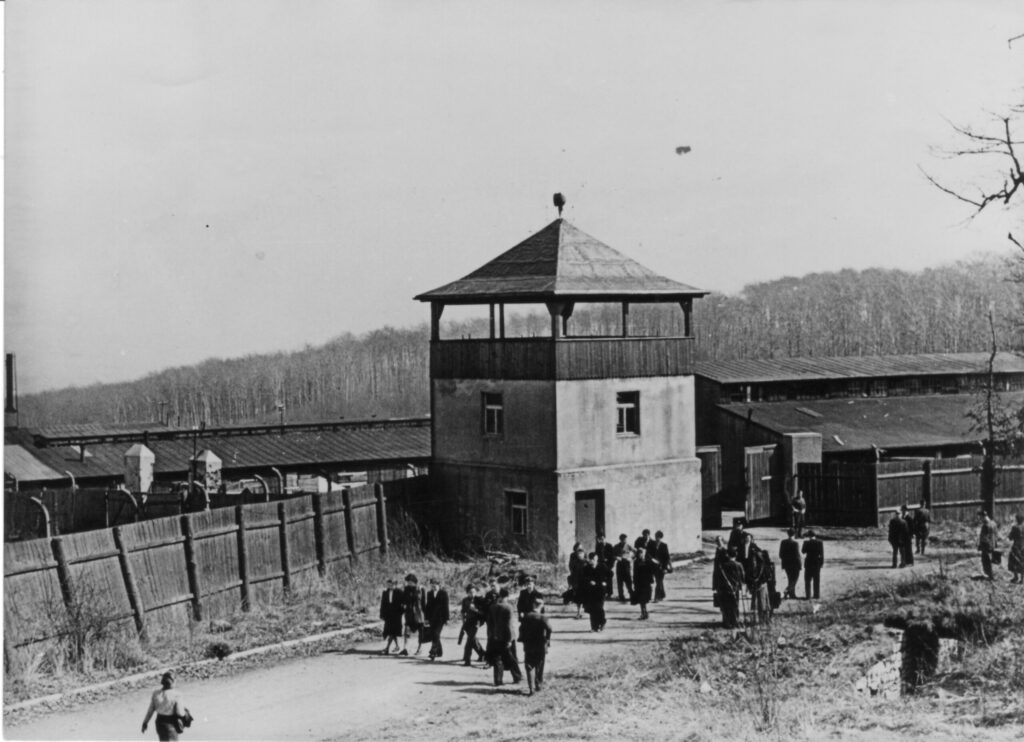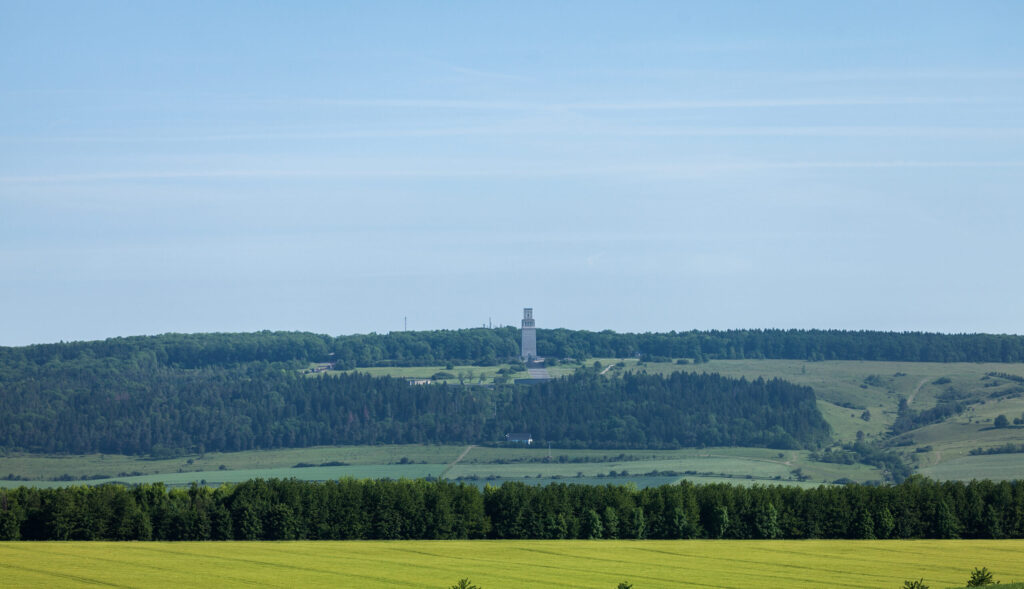European Dictatorship Research
Dictatorships have deeply affected the lives of many people and continue to shape the history of many countries. The Ettersberg Foundation is dedicated to the reappraisal of European dictatorships. The foundation, which was established in 1999 and is based in Thuringia, builds bridges between two worlds that often exist in parallel to each other: the research world with its generalizable conclusions and the everyday world of people with individual stories and lived realities. In short, it means that the Foundation presents research findings in a public-facing way through a range of educational opportunities that speak directly to the widest audience possible.
Almost all countries in Europe have experienced dictatorship in the recent past — even if many have forgotten about or supressed it. This is especially true in Germany, where both the history of National Socialism and the SED dictatorship have left an indelible mark. The Ettersberg, near Weimar, which gives the Foundation its name, stands for this dual experience of dictatorship: Under the Nazi dictatorship, the Buchenwald concentration camp was located on the Ettersberg; immediately after the war, it became “Soviet Special Camp No. 2.” This was one of a total of ten special camps in the Soviet occupation zone. In these camps, the Soviet occupiers not only imprisoned Nazi functionaries and war criminals, but also the real and imagined opponents of Soviet occupation rule.
Due to our location in Thuringia, the reappraisal of the SED dictatorship is particularly important to our foundation. In 2012, the Andreasstrasse Memorial and Educational Centre in Erfurt became part of the Foundation. During the GDR, this site was a pre-trial detention facility run by the Ministry of State Security (Stasi, for short), where politically dissenters were interrogated and deprived of their freedom. Today, “Andreasstrasse” is both a place of remembrance and a place of knowledge transfer.
For a brief insight into our work, see our mission statement.
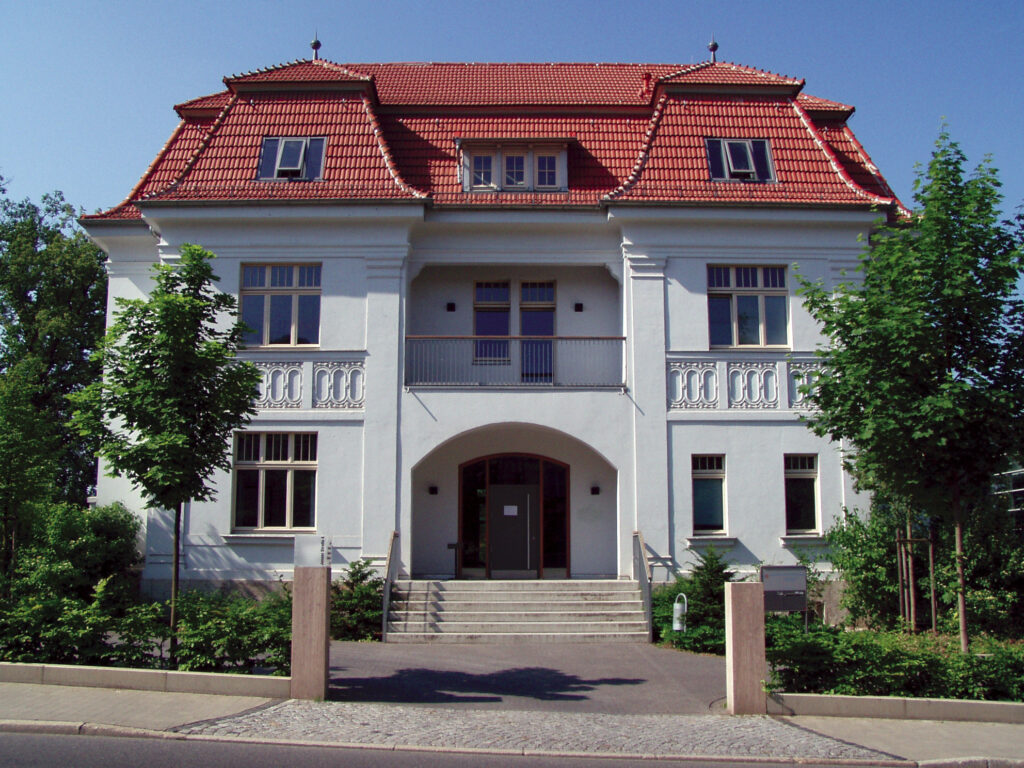

Many Clever Minds
Our roots and the focus of our activities are very clearly in Thuringia. However, many smart and open-minded people from all over Germany are actively engaged in our cause and on the advisory boards of our foundation. Their names can be found here. This well-founded and broad research network is a particular point of pride for our foundation. It helps us to continually widen our gaze and to look beyond the Thuringian horizon.
Research and Knowledge for All
We succeed in building bridges between the world of research and people’s everyday world by presenting complex historical facts and academic findings in an understandable way, placing them in their broader historical contexts and relating them to the reality of people’s lives. We do the latter, for example, by working closely with eyewitnesses. But we also encourage people to become active in learning about the past and exploring their immediate surroundings themselves, as well as working together on the journey to new insights.
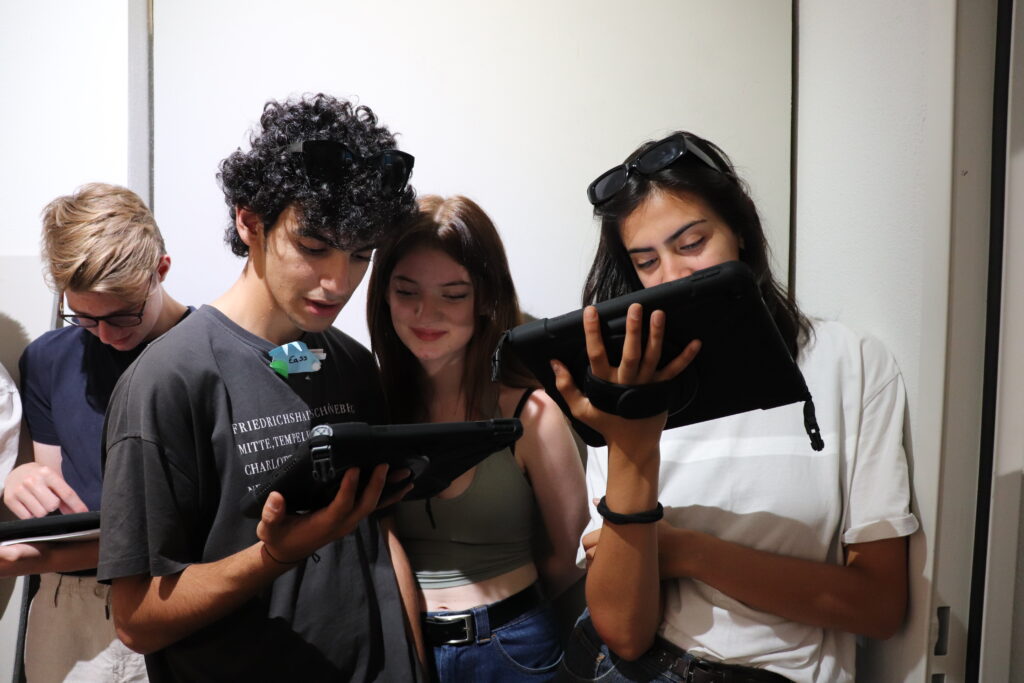
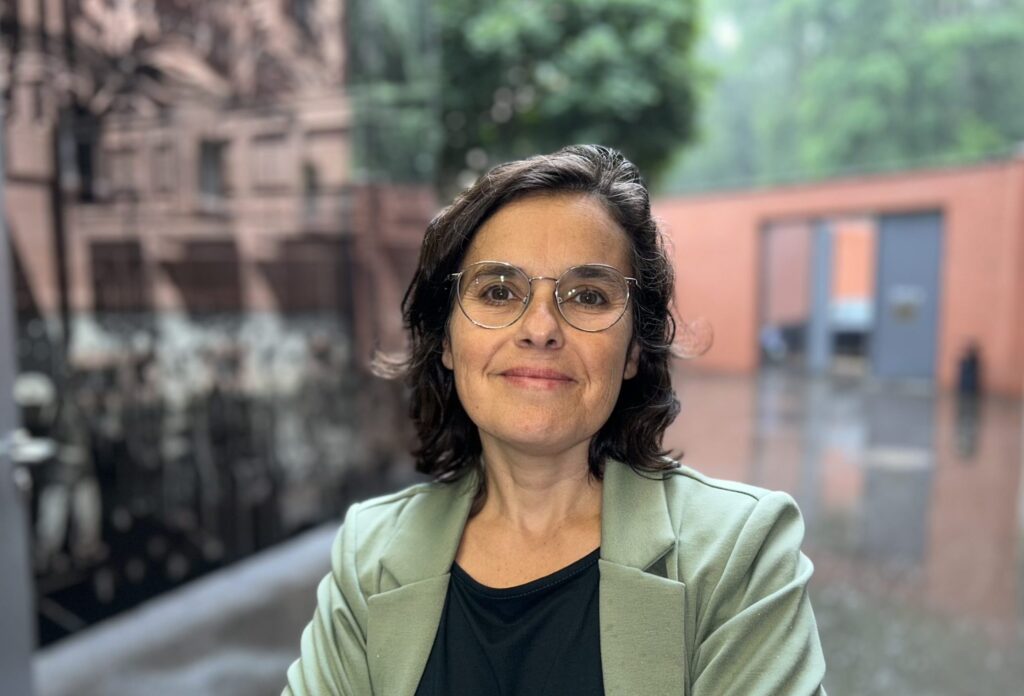
“Researching European dictatorships and bringing academic research to the attention of broader society – this is a difficult bridge to build, but at the same time, it is the foundation of democratic societies. Jorge Semprún called on the Germans to engage in this research and this educational assignment and suggested the place where he was once imprisoned in the Buchenwald concentration camp as its starting point: the Ettersberg. If Semprún were still alive today, he would certainly be very happy to see how the Ettersberg Foundation fills his appeal with life. I am also pleased to be able to accompany and advise the Ettersberg Foundation as Chairperson of the Board of Trustees on this assignment.”

“Democracy is not an abstract thing, but a method that we have to keep alive, practice over and over again, and also adapt to our respective contexts. The Ettersberg Foundation succeeds in this. It regularly approaches people in different ways. It engages in dialogue, encouraging us — through its seminars, events and exhibitions — to question common patterns of thought and action, and raises awareness about the ‘gaps’ in our democratic practice. What is particularly important to me in my commitment to the Ettersberg Foundation is that we keep trying over and over again to bring people together – no matter what age, level of education, or place of origin.”
Direct Connection to the Academic World
Another thing that makes the Ettersberg Foundation special, as well as being important for building bridges between the academic world and the reality of people’s lives: Many of the people who work for our foundation or who volunteer on our advisory boards work at the interface between theory and practice, none more so than the chairman of the board of our foundation, Jörg Ganzenmüller. He researches, teaches and publishes as Professor of Comparative European Dictatorship at the Friedrich-Schiller-Universität Jena. By maintaining one foot in the world of academic research and the other in the work of our foundation, he is able to succesfully mediate between these spaces and build new bridges again and again.
Research meets Zeitgeist
Our foundation stands for innovative educational programming and contemporary formats. In recognition of our efforts, our work has received several awards in recent years. In 2020, we received the “Museum Prize of the Sparkassen-Kulturstiftung Hessen-Thüringen” for our work at the Andreasstrasse Memorial and Educational Centre. In 2021, a film made at one of our numerous workshops for young people was honoured with the “German Generations Film Prize.” In 2022, the producers of our podcast Horchpost GDR received the “Karl Wilhelm Fricke Young Talent Award.” In 2023, www.andreasstrasse.de project was awarded the DigAMus Award in the category “Website or Online Exhibition” and, in 2024, was nominated in the category “Knowledge and Education” for the Grimme Online Award.
